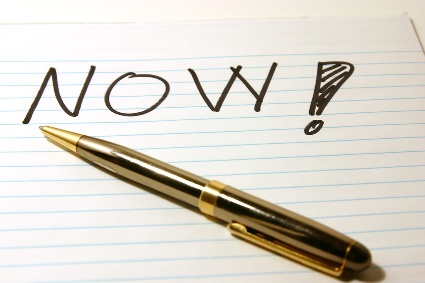
One of the biggest chores is to tidy up first. Author Deborah Niemann comments on the trials and tribulations of proofreading with lots of help:
One thing that will never cease to amaze me about writing a book is how many mistakes there are in the galley, even though the author has read and revised multiples times, and a professional editor has read and edited multiple times. I can see why self-published books have a reputation for having a lot of typos and errors. While it may not be that hard to write a well crafted blog post or magazine article, there is a big difference between cranking out 1,000 words and 70,000 words! …
And while we’re on the subject of self publishing, I’m not sure I’d ever do it because putting out a book requires a huge amount of work by many people. While I’m proofing the galleys, copies have also gone out to reviewers, potential endorsers, and someone to write the foreword. After corrections are made to the galley, another person will go over it with a fine tooth comb and make sure all of the corrections were made and no new ones were introduced into the text.
If DIY proofing is a monumental challenge, how much more so the question of whether the writing is good enough? Suw Charman-Anderson of Forbes shares a hilarious Twitter exchange between two authors concerning their early novel drafts and opens her column with this thought:
If there’s a common flaw in self-publishing, it’s that too many books are published too soon. Experienced voices across the publishing world continually advise self-publishers to get help with editing, and not just copyediting but story editing too. It’s difficult, if not impossible, to properly edit your own work. But the siren call of the Kindle store is often too seductive. The urge to finish your first draft, chuck it through a spellchecker and release it in to the wild is often far too strong for eager writers to resist.
But resist you must. Not resisting results in your name being married, permanently, to sub-standard work which doesn’t show off your talents to their best. Do you really want, in five or ten years time, to look back on your early work and cringe? More to the point, do you really want your first act of publishing to result in the irreversible blotting of your copybook with your potential fans?
The final decision to publish is yours, but surely you avail yourself of consultants. Whose advice do you value the most? A writing group? An editor? Your friends and neighbors who think your story is just fine? Did you put your first novel into a drawer for five years to find out if was “still good” when you took it out again?
Get an Editorial Review | Get Amazon Sales & Reviews | Get Edited | Get Beta Readers | Enter the SPR Book Awards | Other Marketing Services


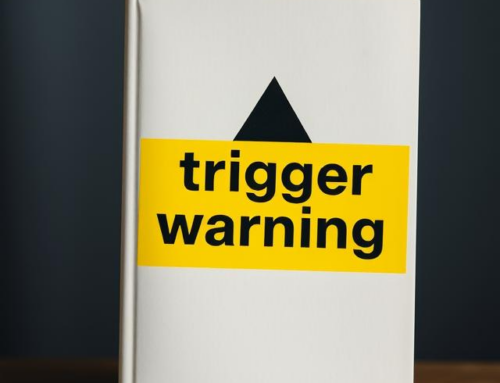

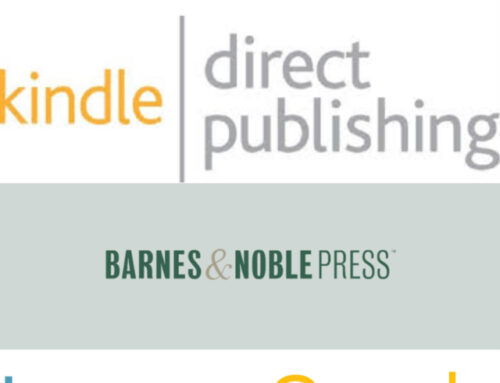
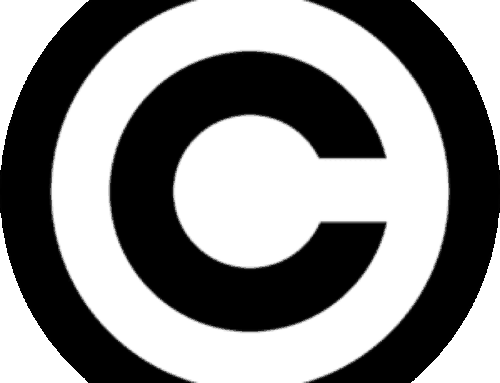


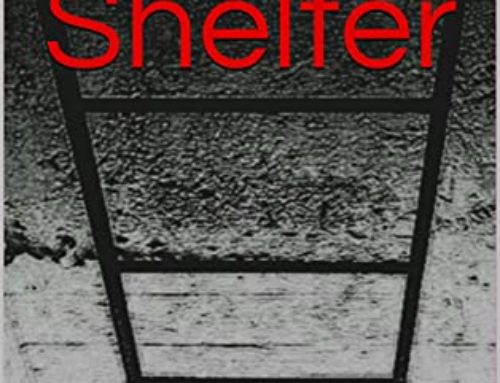
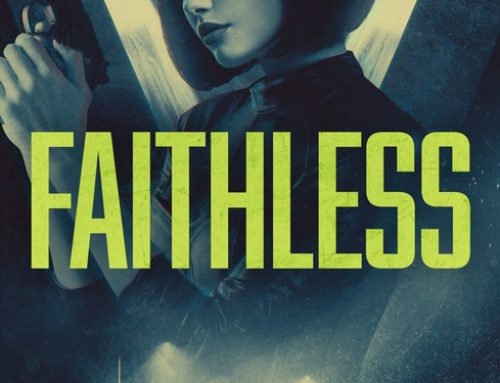


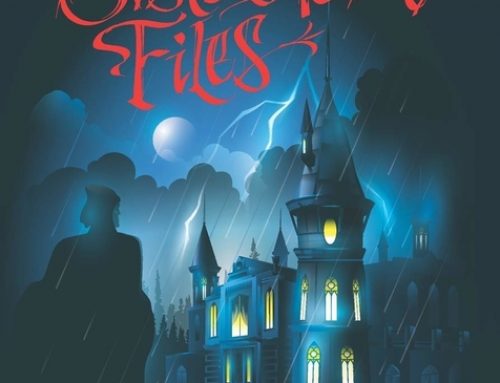



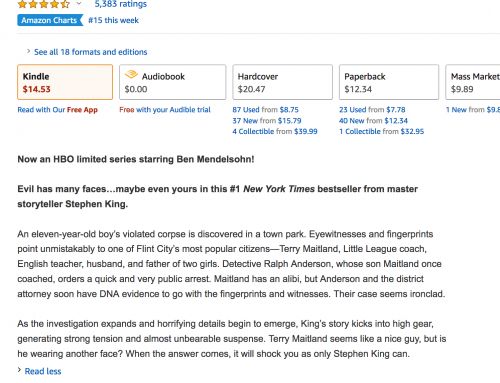
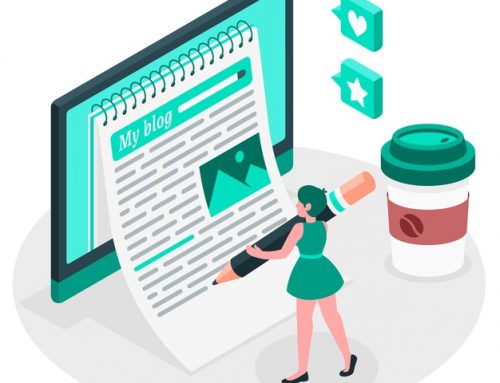


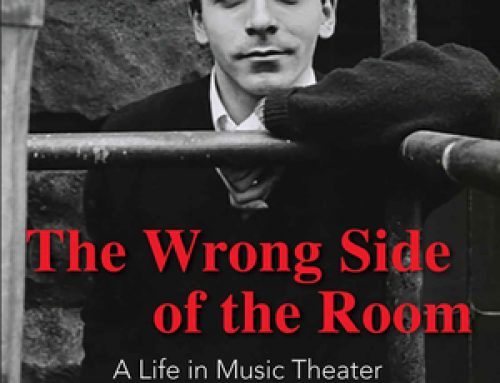

Lela, I agree with you on the necessity of editing. Sadly, too many self-published authors believe it isn’t all that important. When they do that, though, they give all of us independently publishing authors a black eye. So often I start out reading an indie novel, hoping for the best based upon what I’ve heard about it. And there they are: editing mistakes all the way from simple typos to major plot implausibilities. But a serious indie writer can do as well as, if not better, than the traditional publishers do. It might require time, effort, and/or money, but it can be done.
As a literary publicist for a number of self-publishing imprints as well as a publicist for free DIY e-publisher Booktango, I do honestly suggest e- and/or self-publishing as a way to get your name out there easily and inexpensively (especially for first-time authors).
But also due to my career path, I completely agree with you – almost as bad a mistake as not doing anything to promote your book, editing (or lack thereof) is THE best and fastest way to kill your career as an author. Don’t skimp!
Oh, of course, if a self-publisher can afford it, a copy editor is essential.
I’m most curious about my question of how a first-time novelist “knows” the book is ready for the world, other than proofing it. There must be an alternative to putting the first draft into a drawer for five years.